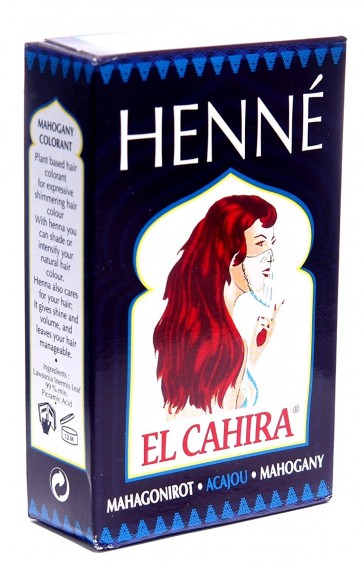

I think that, apart from being mastered in the Rolling Stones studios in London, "Yed El Henna" remains a purely Moroccan product. The 12 tracks on the album grab the clichés and complexes of our society by the throat. We also look at a youth lacking direction.
#Fnair yed el henna full#
With a mix of musical styles and words in Darija, Tamazight, English and French, our latest album is a journey to the heart of a diversified Morocco, full of messages of love and peace, where authenticity rhymes with solidarity. Mohcine: First of all, "Yed El Henna" is the story of a meeting with a poet. Magharebia: Tell us a bit about your latest album "Yed El Henna". In our songs, you’ll find a mix of words from here and there, and the message is clear, laced with humour: the language used doesn’t really matter the main thing is to express yourself and be proud of your plurality.

Mohcine: Darija is the most widely spoken language in Morocco. Do you use rap music to break linguistic taboos? Magharebia: Like other Moroccan rappers, you’re accused of using vulgar words in your lyrics. In the songs "Yed El Henna" or "Tagine Loghate" on the latest album, there’s a reference to this kind of problem. The nature of the musical style we have chosen helps a lot in putting forward these kinds of principles. Often we don’t say it in so many words in our songs, but it’s our way of thwarting integrist ideas and any feeling of hatred. We try to focus our attention on the values of tolerance and respect for other peoples’ lives. Mohcine: Peace and living in harmony in your country are the main messages coming through our songs, aimed particularly at young people, who are our main target. Magharebia: In your songs, are you engaging in a battle against negative ideas which influence many young people today? It’s not utopia, but we think Morocco needs its young people to evolve, move forward and change. Fnaïre says to them quite simply that a dose of optimism is always needed to move forward. Unlike some, of which there are many, who just peddle pessimistic talk for young Moroccans, encouraging them to leave the country, sometimes paying with their lives. There's a variety of subjects, including the problems of women, love for your country, belief in a better future for our country. Mohcine: The essence of our traditional rap is just the meaning of the words, the meaning of the lyrics – which revolve around a single message, which is the proud recognition of your Moroccan identity, your origins and your culture. Magharebia: What are the main messages you’re trying to get across to Moroccan youth through your songs? It’s all reconciled us with our Moroccan roots. I think that in our songs they’ve found a space to deal with their everyday problems, or simply their main pre-occupations. Mohcine: We’re on the right track, as you can see from the interest that young Moroccans have shown in our music. As for our group, we’ve chosen the last of these disciplines, but a traditional Moroccan rap. there are several categories, such as Graviting, DJing, MCing, break dance or, of course, rap. Magharebia: Many fans see your style as hip-hop. In fact, through rap or hip-hop we want to modernise Moroccan song, which has started to show its age and seems to be of little interest to young people. I suppose it’s our way of keeping at the forefront of Moroccan song. Our choice of this unmistakably American type of music is because it offers varied expression in composition, and we can adapt it to our Moroccan culture and identity. Without sounding pretentious, we want to shed light on the world of music in its purely spoken style. Mohcine: First, it’s important to say that the group’s name Fnaïre is really meaningful, because in Darija it means "the lights". Magharebia: You represent this new generation of Moroccan artists who have chosen Rap.

In an exclusive interview with Magharebia, member Mohcine explains the context in which his group has developed. The three-member rap group Fnaïre symbolises a new wave of Moroccan artists who are breaking with the old style. Magharebia speaks with Fnaïre rap group member, Mohcine, about the foundations and goals of the group and its messages.


 0 kommentar(er)
0 kommentar(er)
